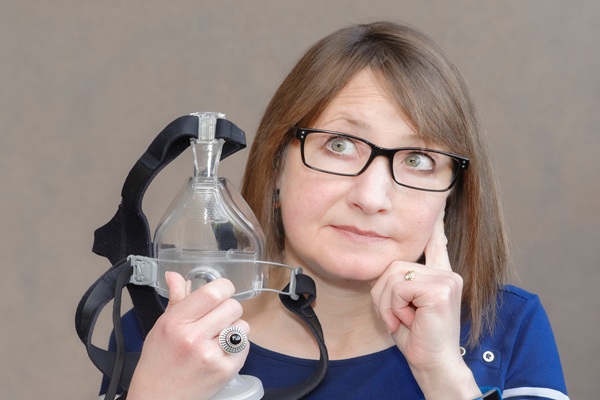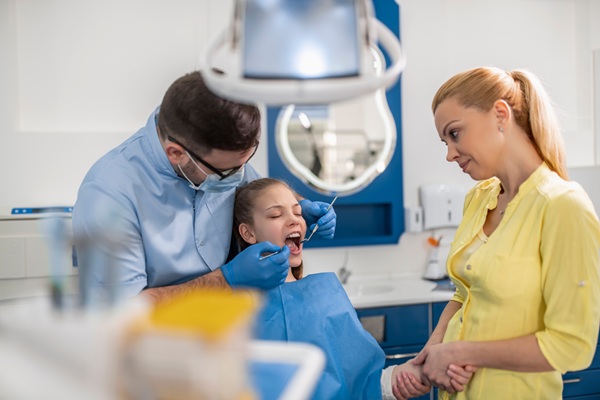What to Eat After Getting Dental Implants

Immediately after dental implant surgery, there are a few dietary restrictions set by the dentist. Following all instructions provided by your oral surgeon or dentist is vital in ensuring the success of the procedure. Although these restrictions do not last long, it is important that you adhere to these instructions strictly to keep your implant healthy and intact.
Dental implants allow patients to consume practically whatever food and drink they desire - certainly more so than dentures. However, after any oral surgery, the mouth is extremely vulnerable. The surgical wound needs time to heal properly, and certain foods or drinks can irritate the area.
Foods to eat after dental implant surgery
For the first two weeks following surgery, symptoms like bleeding, swelling and pain are common. To decrease these unpleasant symptoms and help the wound to heal quicker, keep a strict diet of liquids only for two days post-operation. Introducing semi-liquid foods is allowed on the third day after surgery. Just one week after surgery, a normal diet may be resumed.
Combined with any medication prescribed, the following diet can help to heal the surgical area quicker.
The first two days after surgery
In the first two days, eat these foods:
Soup
Chicken broth, tomato soup, butternut squash soup and other soups that do not have chunky elements are great options for postoperative diet.
Applesauce
This soft food has been a popular staple for those who have just gotten oral surgery for decades. Applesauce is soft, mild and nutritious - the three optimal qualities for all postoperative foods.
Yogurt
Try to eat plain greek yogurt rather than those with large amounts of sugar. Yogurt with fruit chunks and seeds are not ideal - go for plain yogurt with a splash of honey. An added bonus, greek yogurt has active probiotics which will help with the healing process.
Gelatin & pudding
Gelatin and pudding are perfect options for patients with a new dental implant and a sweet tooth. These soft foods are both easy to digest and delicious.
After the first two days
After the first two days, patients can begin to introduce semi-liquid soft foods into the diet, such as mashed potatoes, mashed vegetables, eggs, pancakes and softened pasta.
Foods to avoid
Certain foods can irritate the surgical wound and postpone the healing process. Avoid crunchy, chewy, hard or sticky foods. Popcorn, caramel, chips, nuts and steak should not be eaten until a week or two after surgery.
Foods with small pieces like fruit with seeds, oatmeal or rice should be avoided as well. These small pieces can lodge into the wound and cause infection. Also, try not to drink from a straw, as the suction can dislodge any dressings or healing tissue.
Looking to replace that missing tooth?
Dental implants are the most long-lasting, realistic prosthetic devices used in replacing teeth. Once the wound has healed and the jawbone has fused with the implant, it will feel, look and act like a natural tooth. If you have any questions regarding dental implant surgery, call our office today. We can answer any and all questions you may have.
Request an appointment here: https://gallodental.com or call GDC Smiles at (770) 504-5725 for an appointment in our Gainesville office.
Check out what others are saying about our services on Yelp: Read our Yelp reviews.
Recent Posts
Sleep apnea is a serious sleep disorder that affects millions of individuals worldwide. It occurs when breathing repeatedly stops and starts during sleep, disrupting rest and potentially causing long-term health consequences. Many people are unaware that a general dentist plays a key role in diagnosing and managing sleep apnea, particularly with non-invasive treatment solutions. By…
No matter your stage in life, maintaining a healthy smile is important. Regular visits to a family dentist provide comprehensive care for people of all ages, ensuring a lifetime of healthy smiles. These routine check-ups address immediate concerns, can prevent future dental issues, and provide you and your family with the information you need to…
ClearCorrect® is a teeth-straightening system that utilizes clear aligners to move teeth into a more appropriate position. There are many benefits to choosing ClearCorrect treatment. It is helpful to understand exactly what it is, how the treatment process works, and what cosmetic and oral health concerns ClearCorrect fixes.Everyone deserves a beautiful, properly aligned smile that…
Dental anxiety is a common issue that affects people of all ages. This term refers to the fear, anxiety, or stress of dental visits. There are several misconceptions about dental anxiety, leading to additional fear or avoidance of necessary dental care. By separating facts from fiction, patients can better understand this condition and go to…


